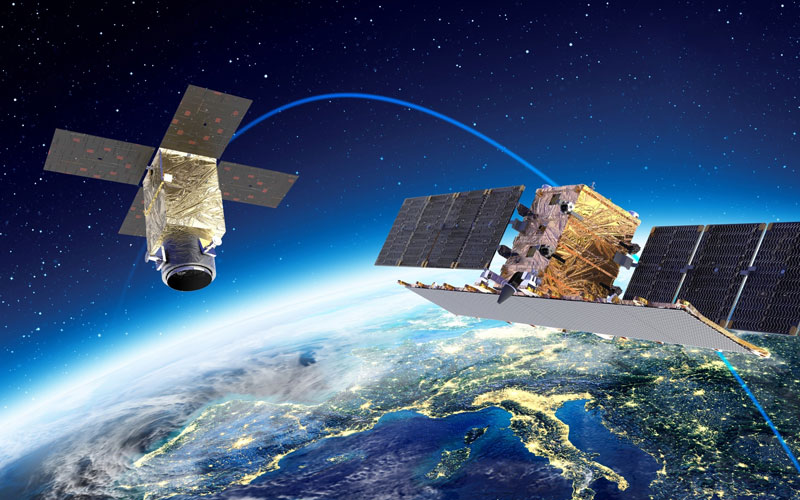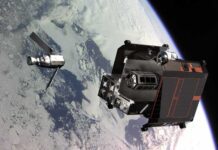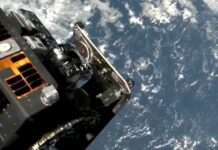
Space logistics company D-Orbit announced 5 April that it has signed a €26-million contract with ESA for Italy’s IRIDE Earth observation constellation.
The IRIDE constellation will be composed of Earth observation satellites of different types and sizes combining SAR, optical, panchromatic, hyperspectral, and infrared sensors. Italy will begin launching the constellation between 2025 and 2026.
The contract will see D-Orbit supplying one SAR (synthetic aperture radar) satellite in addition to flight operations services for the satellite on behalf of the end user. It also has a provision for a second SAR satellite, an addition that would be worth €24 million. The SAR sensor for the satellite will be implemented by MetaSensing, an Italian company that specializes in advanced radar technology.
Last week, Thales Alenia Space won an ESA contract to build six SAR satellites for the IRIDE constellation. That contract was worth €112 million. It also included an option for a second group of four SAR satellites with a contract value of €75 million.
Is the funding there?
The D-Orbit contract is funded through Italy’s National Recovery and Resilience Plan (PNRR), which is in turn funded by the European Commission’s NextGenerationEU economic package. Italy has allocated approximately €2 billion of the funding to be awarded through its PNRR initiative to the space industry.
It may, however, not be that simple. Last week, Reuters reported that the Europe Commission has frozen a €19 billion tranche of NextGenerationEU funding to Italy and requested the country to clarify efforts to meet necessary “targets and milestones.”
It’s currently unclear if the €26 million for D-Orbit is tied up in the €19 billion of frozen funding and, if it is, when the funds are likely to be unfrozen.



